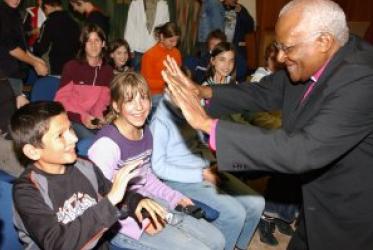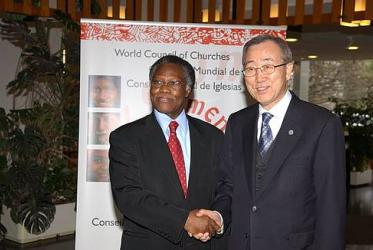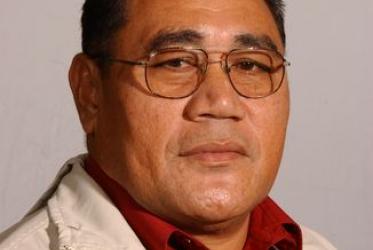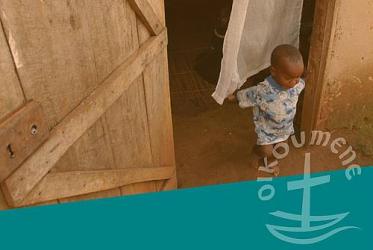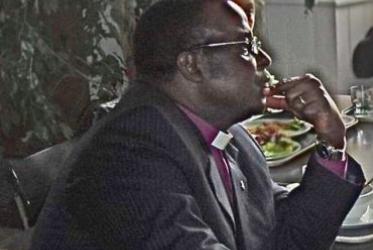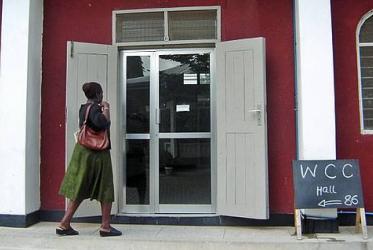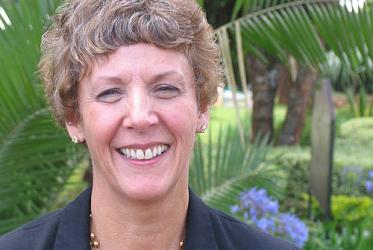Displaying 2481 - 2500 of 2515
Bringing hope to a broken world
14 April 2008
WCC statements address climate change, other topics
20 February 2008
HIV/AIDS: "We can't be silent"
19 February 2008
Ambassadors of hope
18 February 2008
Kobia sees changing landscape
14 February 2008
Moderator urges perseverance toward unity
13 February 2008
WCC general secretary confident about Christian unity progress
25 January 2008
Churches want to see a new paradigm on climate change
11 December 2007
